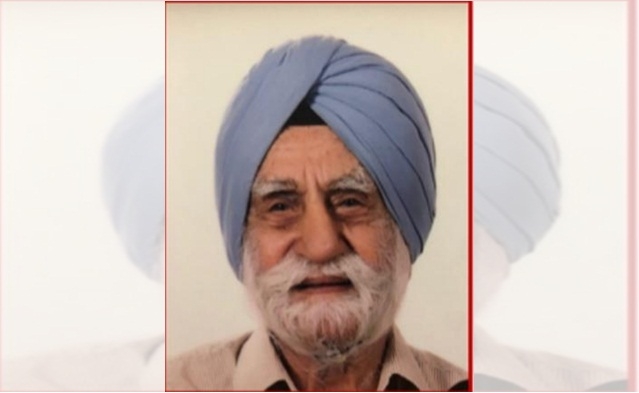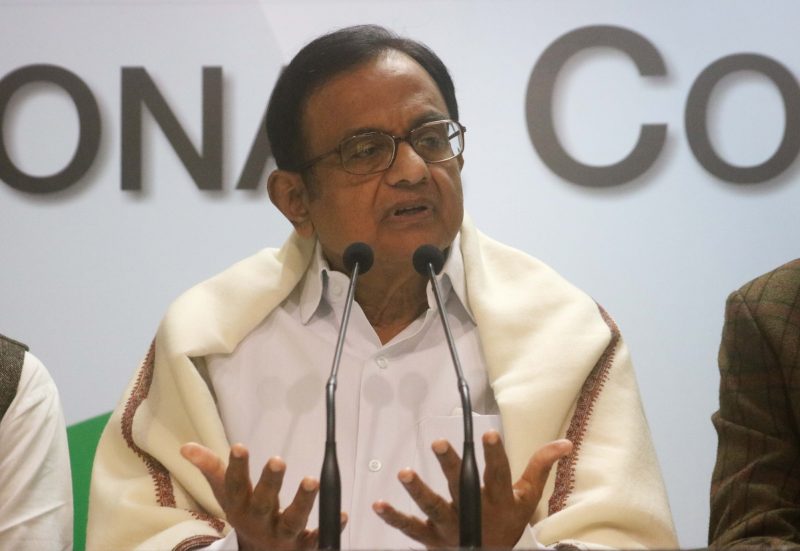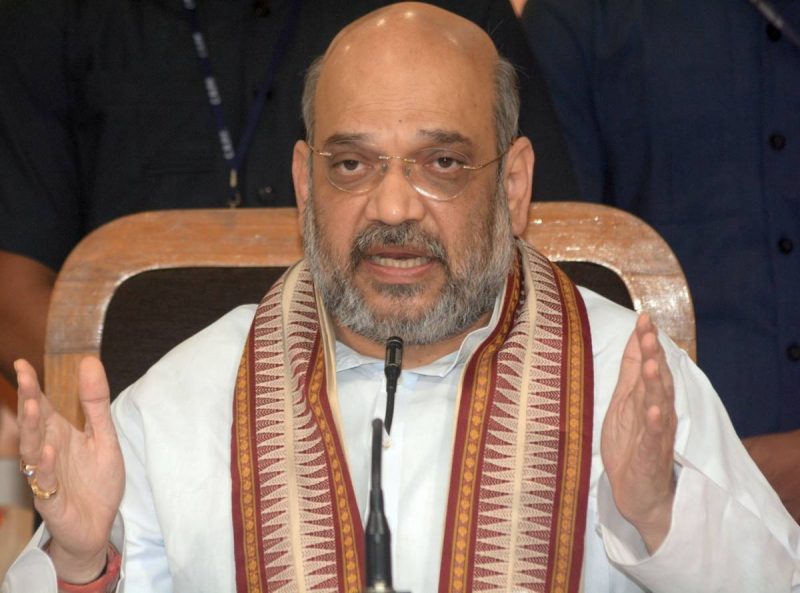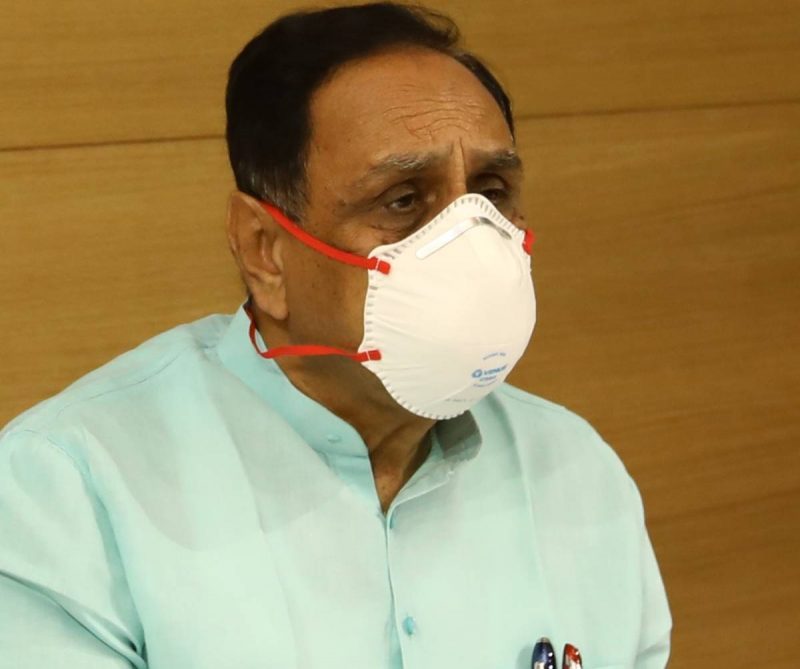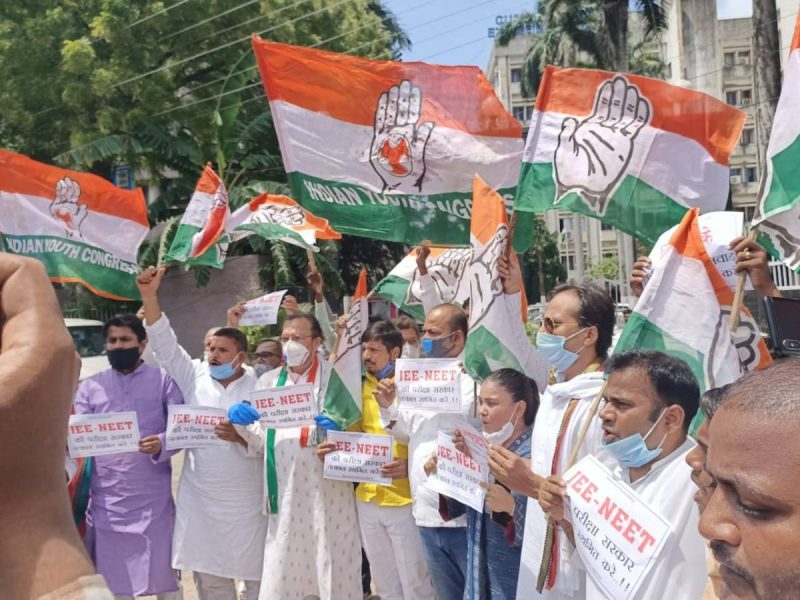Indian Army oldest artillery man Major (retd) Gurdial Singh Jallanwalia, who fought four wars, including World War II and two wars against Pakistan, has passed away. He was 103.
The war veteran breathed his last on May 21, a senior Indian Army officer said on Friday.
Jallanwalia and 13 of his family members served in the Indian Army and have the distinction of having fought all wars since the World War 1. Jallanwalia’s father Risaldaar Duleep Singh fought in the World War 1 in Mesopotamia (today’s Iraq).
Jallanwalia was shot in Burma during the World War II. He along with others was sent to Burma

(now Myanmar) by road from Bangalore to fight war against the Japanese in 1944 during World War II. When he along with other army personnel reached the Iraawadi river, they were shot at by a Japanese soldier. He gathered his team and killed two Japanese hidden in the bushes in an open field but he got hit by a bullet.
He had served as a gunner for more than three decades in the Indian Army.
Born on August 21, 1917, Jallanwalia matriculated from the Royal Indian Military School, Jalandhar Cantt and then joined the Mountain Artillery Training Center on June 15, 1935. On completion of training, he was posted with 14 Rajputana Mountain Battery at Abbottabad (now in Pakistan). Later in 1940 , he was posted to a Survey Troop at Cammbellpur (now in Pakistan).
In 1941, the Survey Regiment was upgraded and subsequently in 1942 it became the first Survey regiment. He later got permanent Regular Commission as Second Lieutenant in 1947 and was posted to 40 Field Regiment.
In 1939 and 1940, he took part in Ahmadzai-Waziristan Operation in North West Frontier Province, now in Pakistan. After Independence, Gurdial Singh participated in the action against infiltration of Jammu and Kashmir in the Nowshera Sector in 1948.
In 1965’s Indo-Pakistan war in Amritsar-Lahore Sector, he served as Counter Bombardment officer in XI Corps.
He is pioneer in developing surveillance and target acquisition in Indian Artillery after India got Independence. He bid farewell to Indian Army in 1967.
He is survived by his two sons — Harmanderjeet Singh and Harjinderjeet Singh – who joined the Indian Army and Indian Air Force respectively and fought during in Kargil war in 1999.


